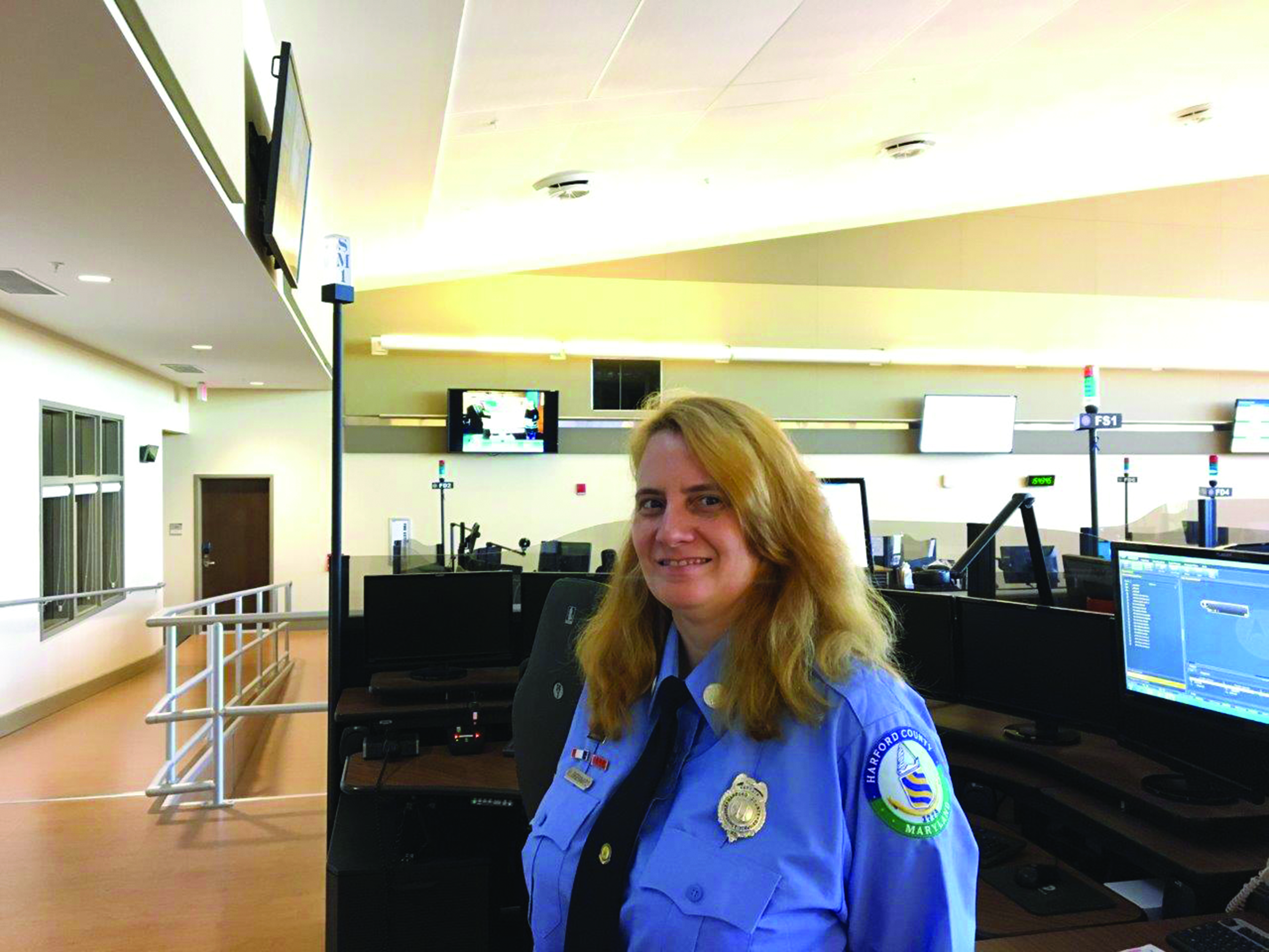

No Rainbows, No Unicorns

Surviving the Headset

Heidi DiGennaro
When you are a black cloud, your 911 calls often veer into left field, out of the stadium, and if you’re lucky, somehow remain in the parking lot. If you’re unlucky like me, it’s a cluster and a half. Chief Complaint selection becomes critical when you are faced with multiple problems involving, “Tell me exactly what happened.”
My Q specialist says I’m most likely to get the call about chest pain on a sinking boat after the caller is bitten by a snake. She’s not wrong. I’ve taken a hot air balloon reported to have crashed into live wires, a building collapse during heavy rains, a heat exhaustion that turned into a mass casualty incident, and a rollover school bus moving vehicle accident on Interstate 95, and more cluster calls than I care to remember. I’m not the kind to attract the unicorn and rainbow calls; I get the down and dirty, drenched in the fan’s spray type of calls.
The point is: Choosing the right Chief Complaint will save you significant headaches. The right choice best addresses the situation, no matter how convoluted. Unless you are a paleontologist with an exact blueprint for how scattered dinosaur bones reassemble, you will make guesses.
My personal rule of thumb is: “What has the highest likelihood of harming the caller the most?” Going back to the chest pain/sinking boat/snakebite, the sinking boat will put the caller in the water, and we have a higher likelihood of him or her drowning because of the chest pain and snakebite. Address the sinking vessel (get him or her in a life vest so he or she floats), and when you’re done with the PDIs, start giving instructions for the chest pain and snakebite.
Another way to help yourself is to pull out the cardsets and read the various examples on protocols that offer them. How many of you know that a “UFO” sighting is handled on Police Priority Dispatch System™ (PPDS®) Protocol 122: Miscellaneous?
Read your Rules and Axioms. Is a train accident a HAZMAT or an ENTRAPMENT situation? It’s both, according to FPDS Protocol 70: Train and Rail Collision/Derailment, Rules 1 and 3: “All aircraft, train, or other mass transit vehicle accidents are considered ENTRAPMENT situations until proven otherwise,” and “All incidents involving trains, subways, or commuter rails are considered HAZMAT incidents until proven otherwise.” Does your center have an SOP or process for HAZMAT rescue in case of a train collision or a commuter bus that overturns on the interstate? Sometimes reading these Rules and Axioms will find holes to patch in your procedures.
Reading the Rules, Axioms, and examples have helped my QA scores and given me more confidence in using the protocols. Picking Chief Complaints becomes easier when you become familiar with the Rules and Axioms. Did you know that car surfing or car sledding is considered a RECKLESS ACTIVITY handled on PPDS Protocol 125: Public Service? That’s not where I would look for it, but that’s where to process that type of call.
You are your strongest advocate and your weakest link. Not teaching yourself only hurts you in the long run. Learning makes you better and can make you a subject matter expert or even a leader in the center. If reading protocols doesn’t sound fun, make a trivia game out of it to play with your co-workers. Food prizes, competitions, and bragging rights make great motivators. Turn it into a group activity. Create a PowerPoint Jeopardy! game, word search, or crossword puzzle to make it interesting.
The more you know, the easier it is to choose a Chief Complaint. Fumbling for what to choose does not go well with callers; they lose trust in you because they hear your uncertainty. Even if you pick the wrong one, sound confident while you navigate. Reconfigure if you have to but pick something and get started.







